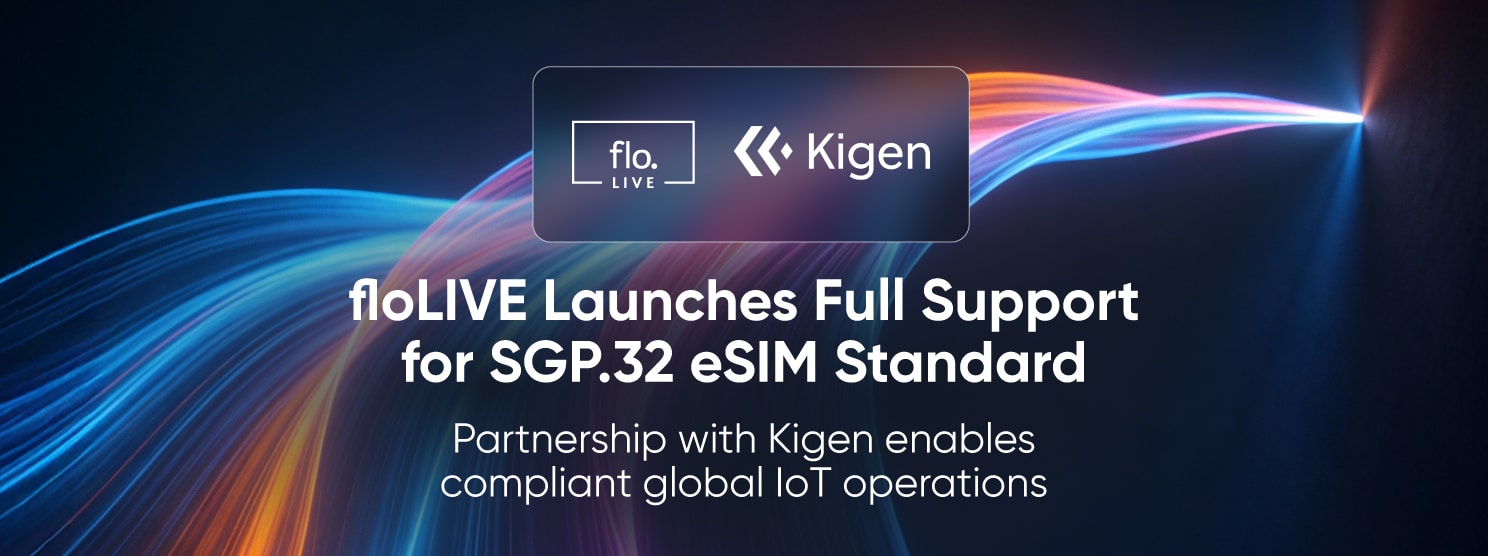Page Contents
The Cost of Connectivity Failure in Fleet Management

Page Contents
The transportation industry is among the most heavily regulated sectors, with stringent compliance requirements for fleet management. Failure to adhere to these regulations can result in significant fines from the Department of Transportation (DOT) and the Federal Motor Carrier Safety Administration (FMCSA), impacting your business’s profitability.
In the U.S., regulations enforced by the DOT and FMCSA, along with Commercial Vehicle Safety Alliance (CVSA) compliance checks, govern fleet operations. If a vehicle fails to meet these standards, it can be fined or taken out of service until repairs or maintenance are completed.
Fleet Management and Non-Compliance
Record keeping is a significant area of compliance, and if not met, it can incur significant fees. Non-recordkeeping violations, for example, can result in a fine of $14,502 through the DOT.
Key areas of record keeping include:
Hours of Service (HOS)
Driver fatigue is a major cause of commercial vehicle accidents. The DOT has imposed limits on driving hours without breaks to address this. The FMCSA’s basic regulations include:
- Property-carrying drivers can drive 11 hours after 10 consecutive hours off duty.
- Passenger-carrying drivers can drive a maximum of 10 hours after 8 consecutive hours off duty.
Additional regulations cover a 14-hour daily limit, a 30-minute driving break, sleeper berth provisions, adverse driving conditions, and short-haul exceptions. For full details, consult the FMCSA website. Compliance is facilitated through electronic logging devices, driver training, and vehicle telematics.
Driver Vehicle Inspection Reports (DVIRs)
Maintaining vehicle safety is crucial, alongside monitoring driver hours. The FMCSA requires drivers to complete a DVIR before and after each trip or workday. DVIRs check essential systems such as:
- Lights
- Tires and rims
- Mirrors
- Steering and brake systems
- Fifth wheel and connection points
- Safety and emergency equipment
- Windshield wipers
DVIRs document vehicle wear and repairs. Many drivers skip these inspections or complete them inadequately, often due to cumbersome paper forms. Electronic Driver-Vehicle Inspection Reports (eDVIRs) accessible via smartphones and cloud storage address this issue, improving oversight.
International Fuel Tax Agreement (IFTA)
The IFTA, adopted by 48 U.S. states (excluding Alaska and Hawaii) and 10 Canadian provinces, tracks commercial vehicle fuel taxes. Drivers must record:
- Miles driven
- Fuel purchased
- Purchase locations
Fleet operators or compliance managers submit these records quarterly to their local IFTA office. The office then allocates fuel tax revenues based on mileage and location. While many fleets use telematics for IFTA compliance, systems can fail.
Compliance, Safety, and Accountability (CSA) Scores
CSA scores, ranging from 0 (best) to 100 (worst), evaluate fleet compliance across seven categories:
- Vehicle maintenance
- Crash history (Crash Indicator)
- Driver fitness
- Hours-of-service compliance
- Substance abuse
- Unsafe driving
- Hazardous materials compliance
These scores are assessed at roadside inspections. A favorable CSA score prevents penalties, while a poor score can result in vehicle removal from service and business penalties.
These are just a few areas of noncompliance, but there are many others when it comes to fleet management. Regulatory compliance is a top consideration for fleet managers and many others, including driver safety, and the cost of collisions and unplanned breakdowns. Inefficient management of routes can impact fuel, vehicle, and driver-related costs, as well as negatively impact customer relations. Overall, missteps in fleet management can be incredibly costly.
IoT for Fleet Telematics Solutions
By implementing IoT solutions into fleet management, regulatory compliance can be supported through key digital approaches.
- Telematics Data: By collecting data on vehicle performance, fuel consumption, and driving behaviors, IoT solutions can identify issues that may lead to non-compliance.
- Maintenance Alerts: IoT sensors can monitor vehicle health and notify managers of maintenance needs, ensuring that vehicles remain compliant with safety regulations.
- Driver Behavior Monitoring: IoT devices can track driver behaviors, promoting safe driving practices. This helps reduce accidents and related compliance violations.
- Automated Reporting: IoT systems can generate compliance reports automatically, reducing administrative burdens and ensuring that necessary documentation is always up-to-date.
- Environmental Compliance: IoT solutions can monitor emissions and fuel usage, helping fleets comply with environmental regulations and reduce their carbon footprint.
- Incident Response: In the event of accidents or incidents, IoT systems can provide immediate data, helping fleets respond swiftly and accurately to compliance requirements.
The Critical Connectivity Role in Fleet Management
IoT solutions can unify and simplify management and support compliance, but are highly dependent on readily available connectivity. This means connectivity that travels alongside devices–seamlessly switching to avoid coverage gaps. Devices going dark can significantly detract from the power of fleet management solutions.
If a device recording hours of service or fuel consumption suddenly loses connectivity for a stretch, this could lead to fleet managers not reporting and being noncompliant, potentially resulting in fees.
Leverage robust, highly available global connectivity to prevent devices from going dark. Learn more about achieving “always-on” connectivity during the OEM Industry Summit 2024. I’ll present the key components for reliable, highly available global connectivity for fleets on November 6 at 12 p.m. CT during this exciting virtual event.
Register here to learn more.

Join Our Newsletter
Get the latest tips and insights in our monthly newsletter.









